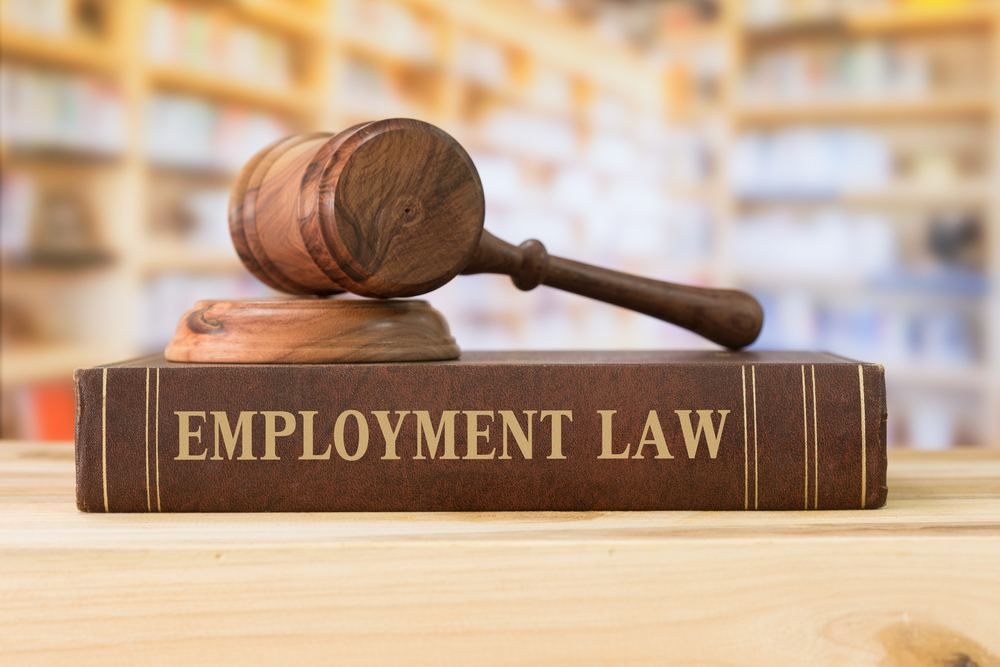Employers may be tempted to view new civil immunity laws in many states as providing protection and certainty against coronavirus-related claims. On closer review, however, the new laws’ limited benefits mean you must keep caution and vigilance as top priorities.

Which States Have Passed Protective Laws
To date, the following states have passed broad civil immunity statutes purporting to protect businesses against COVID-19-related lawsuits: Georgia, Iowa, Kansas, Louisiana, Mississippi, North Carolina, Ohio, Oklahoma, Tennessee, Utah, and Wyoming. Other states, such as Alaska, Kansas, Kentucky, Massachusetts, New Jersey, and New York, have enacted legislation providing liability protections to healthcare workers and facilities responding to the pandemic.
Statutes providing COVID-19 immunity vary in the breadth of the covered industries, the extent of retroactivity, and the range of acts that are immune from litigation. All provisions preserve liability, however, for certain types of particularly egregious or intentional conduct (e.g., gross negligence, recklessness, or willfulness). A recently signed civil immunity law in Ohio provided broad immunity (retroactive to March 9) to individuals, businesses, schools, and healthcare providers for injuries or deaths related to coronavirus exposure unless it can be shown the individual, business, or institution acted with “heedless indifference to the consequences” of the actions.
3 Lingering Concerns for Employers
So, even in the presence of the civil immunity laws, you should be cognizant of the lingering risks and uncertainties:
Immunity from liability doesn’t mean immunity from litigation. Laws purporting to grant immunity for COVID-19 exposures don’t preclude an employee or customer from filing a lawsuit. In other words, the statutes offer immunity from liability, not immunity from being sued. Even in states enacting broad statutes, businesses may still face allegations of virus-related misconduct in accord with the heightened pleading standards. At a minimum, you would be responsible for the defense costs.
Adherence to public health guidelines could be difficult to prove when the guidance is unclear or contradictory. Many state laws purport to grant COVID-19 civil immunity to businesses following public health guidance. Confusion may arise, however, because the myriad of applicable state, federal, local, and agency regulations may conflict with one another, thereby blurring the contours of your duty of care.
In Oklahoma, for example, a business is immune from suit if it complies with the written guidelines in effect at the time of the alleged COVID-19 exposure, such as federal or state regulations or guidance from authorities including the Occupational Safety and Health Administration (OSHA) and the U.S. Centers for Disease Control and Prevention (CDC). The state has no face-covering mandate, but CDC guidelines recommend wearing a face covering.
An Oklahoma grocer that doesn’t require employees, customers, or other visitors to wear a face covering would be in compliance with state law and prevailing local attitudes but in conflict with CDC guidelines. In light of the conflicting authorities, it’s unclear whether the store would be entitled to the benefits purportedly offered by the statute.
We don’t know how jurors will determine what constitutes gross negligence during a global pandemic. No statute providing COVID-19 immunity has purported to shield businesses or individuals from liability if they acted with some degree of recklessness or intentionality—gross negligence, heedless indifference, or wanton misconduct. In other words, a company may be liable for conduct that a jury deems to be sufficiently reckless.
Nevertheless, public attitudes about the pandemic and your company’s resulting obligations are constantly in flux. As a result, there’s a significant element of speculation in trying to predict what conduct a jury will deem to be reckless or grossly negligent (as opposed to merely negligent) and therefore subject to potential liability.
Best Practices
Even if your state has a civil immunity statute in place, the best ways to protect against COVID-19 lawsuits and liability are to:
- Remain vigilant of state and local orders and regulations;
- Be mindful of changing public health guidance; and
- Keep watch on the progress and outcomes of coronavirus-related litigation.
Andrea Cox, David S. Waxman, and Lauren F. Schoeberl are attorneys with Saul Ewing Arnstein & Lehr LLP. You can reach them at andie.cox@saul.com, david.waxman@saul.com, or lauren.schoeberl@saul.com.
